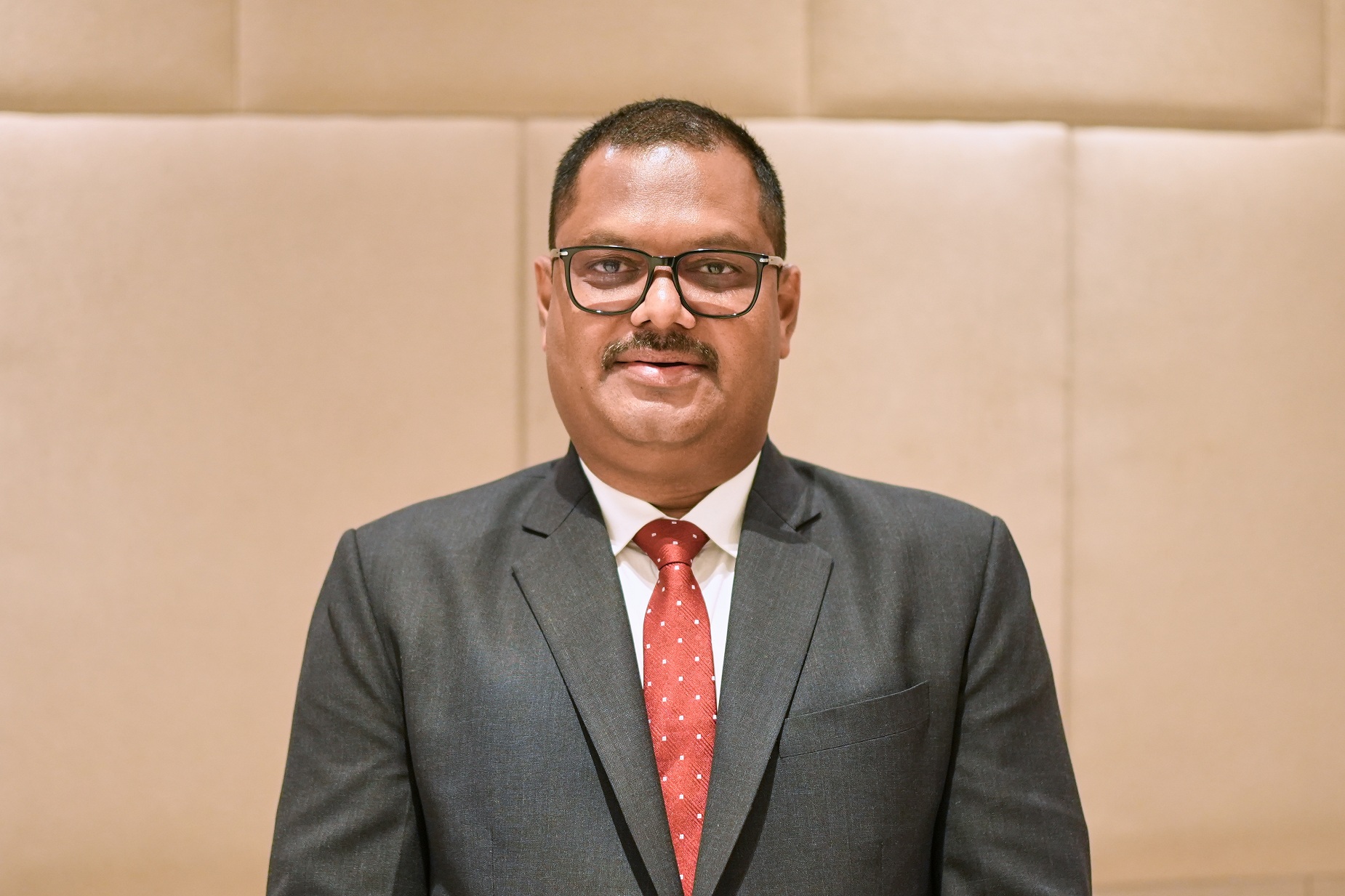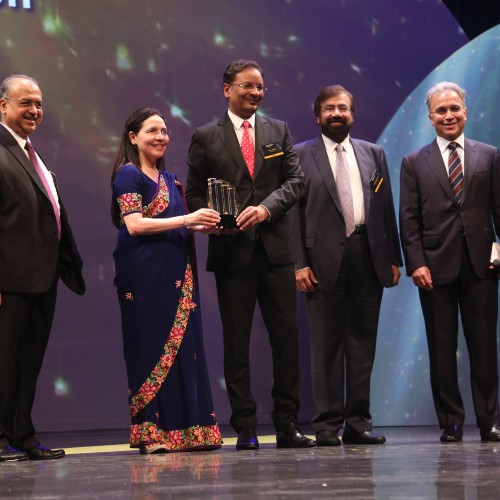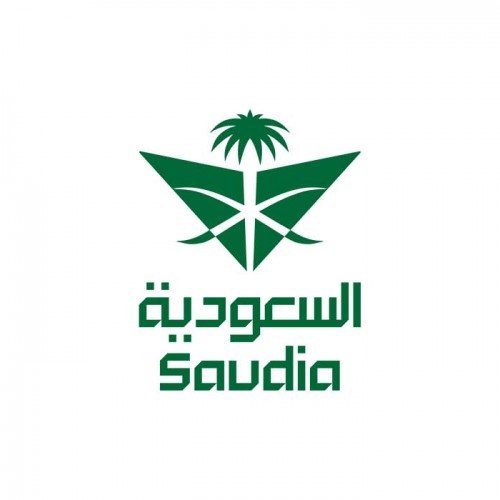Paving the way for tourism growth: Mahendra Pratap Singh on IATO’s Bhopal Convention
As the Chairman of IATO’s Madhya Pradesh & Chhattisgarh Chapter, Mahendra Pratap Singh is at the forefront of preparations for the highly anticipated 39th annual IATO Convention, set to take place in Bhopal from August 30th to September 2nd. With his extensive experience in the tourism sector, Singh is playing a pivotal role in shaping the agenda and ensuring that every detail aligns with the convention’s goals.
In this exclusive interview, Singh offers a comprehensive look into the significance of the upcoming convention for the local travel trade, its potential impact on boosting the state’s tourism sector, and the vital role that IATO’s regional chapter plays in the development of inbound tourism. He also sheds light on the current state of tourism in Madhya Pradesh, the challenges that lie ahead, and what the industry can expect from this landmark event.
Q. How is MP’s travel trade looking forward to IATO’s forthcoming convention to be held in Bhopal?
A. The travel trade in Madhya Pradesh is eagerly anticipating the IATO convention in Bhopal. It is seen as a golden opportunity to showcase the state’s rich cultural heritage, historical landmarks, and natural beauty to a wider audience. Madhya Pradesh, often referred to as the ‘Heart of India’, boasts three UNESCO World Heritage Sites: Khajuraho, Sanchi, and Bhimbetka. Local operators are excited to network with industry leaders, learn about the latest trends and innovations in tourism, and discuss strategies to attract more tourists to the state. This convention is expected to boost the visibility of Madhya Pradesh as a prime travel destination.
Q. What would be the state’s inbound operators’ expectations from the convention?
A: Inbound operators in Madhya Pradesh expect the convention to provide a platform for meaningful dialogue and collaboration. They are looking forward to sessions that address current challenges, offer insights into emerging markets, and present new business opportunities. Additionally, they hope to gain access to valuable resources, training, and support that can help them enhance their offerings and improve service standards. Networking with national and international delegates is also a key expectation, as it can lead to fruitful partnerships and increased inbound traffic.
Q. According to you, how will this convention benefit the state tourism sector and the local travel trade?
A. This convention will significantly benefit the state tourism sector and the local travel trade by putting Madhya Pradesh in the spotlight. It will attract attention from national and international stakeholders, leading to increased interest and investment in the region. The exchange of ideas and best practices will help local operators innovate and improve their services. Moreover, the convention will promote the state’s diverse attractions, such as the Kanha and Bandhavgarh National Parks, potentially increasing tourist arrivals and boosting the local economy. Tourism contributes approximately 10% to the state’s GDP, and such conventions help in fostering a spirit of collaboration among various tourism stakeholders, leading to sustainable growth.
Q. How would you describe the current state of inbound tourism in MP? Where does the current number of inbound tourists stand as compared to the pre-pandemic level in the state?
A. The current state of inbound tourism in Madhya Pradesh is gradually recovering from the impact of the pandemic. While we have not yet reached pre-pandemic levels, there has been a noticeable uptick in tourist arrivals, thanks to strategic marketing efforts and the gradual easing of travel restrictions. We are optimistic that with continued efforts and the upcoming IATO convention, we will soon surpass previous records. The state’s unique offerings, such as wildlife sanctuaries, heritage sites, and cultural experiences, continue to attract tourists from around the world.
Q. What are the main challenges facing inbound tourism in the state? What measures can be taken to address these challenges effectively?
A. The main challenges facing inbound tourism in Madhya Pradesh include connectivity, and creating greater awareness about the state’s attractions. To address these challenges, we need to focus on improving transportation networks, enhancing tourist facilities, and investing in digital marketing campaigns. Strengthening partnerships between the government and private sector is also crucial to ensure coordinated efforts in promoting tourism. Additionally, the Government has already started taking measures by introducing Air taxis for intercity connectivity.
Q. Tell us about the role of the IATO’s MP/Chhattisgarh Chapter in the development of inbound tourism in the state. Kindly share some recent initiatives by IATO’s MP/Chhattisgarh Chapter in this regard.
A. The IATO MP/Chhattisgarh Chapter plays a pivotal role in promoting inbound tourism by acting as a bridge between local operators and national/international stakeholders. We have been actively involved in organizing roadshows, participating in international tourism fairs like IFTM TOP RESA, FITUR, ARABIAN Travel Mart, and hosting familiarization trips for travel agents and media to boost tourism in the state.
Recently, we launched a campaign focused on eco-tourism and heritage tourism, highlighting the unique experiences Madhya Pradesh and Chhattisgarh offer. For example, the ‘Heart of Incredible India’ campaign aimed to highlight the state’s rich heritage and wildlife, and it reached over 1 million potential tourists globally. We also conducted training workshops for local operators to improve their digital presence and customer service skills, ensuring they can effectively cater to international tourists.
Q. With tourism being a state subject, do you think there is a need to empower associations like IATO at the regional and state levels?
A: Absolutely. Empowering associations like IATO at the regional and state levels is essential for the holistic development of tourism. These associations have a deep understanding of local challenges and opportunities and can effectively advocate for policies and initiatives that benefit the regional tourism industry. By giving them more authority and resources, we can ensure that local voices are heard, and region-specific strategies are implemented. This decentralized approach will lead to more targeted and efficient promotion of tourism, ultimately driving growth and sustainability in the sector.
You might also like
SpiceJet CMD Ajay Singh awarded ‘EY Entrepreneur of the year 2017 for Business Transformation’
SpiceJet Chairman and Managing Director Ajay Singh — widely acknowledged as a turnaround specialist — was named ‘Indian Entrepreneur of the Year 2017 for Business Transformation’ by Ernst & Young
Saudia Group announces Hajj Season 2024 Plan
Spanning 74 days to bring pilgrims from around the world to the Holy Sites Saudia Group announces its operational plan for Hajj Season 2024, aimed at facilitating the transportation of
VFS Global launches UK Premium Application Centre in Bhopal; adds to network in non-metro cities
Residents of Bhopal will now be able to apply for their UK visas close to home. VFS Global has opened the doors to its Premium Application Centre at Taj Lakefront,








